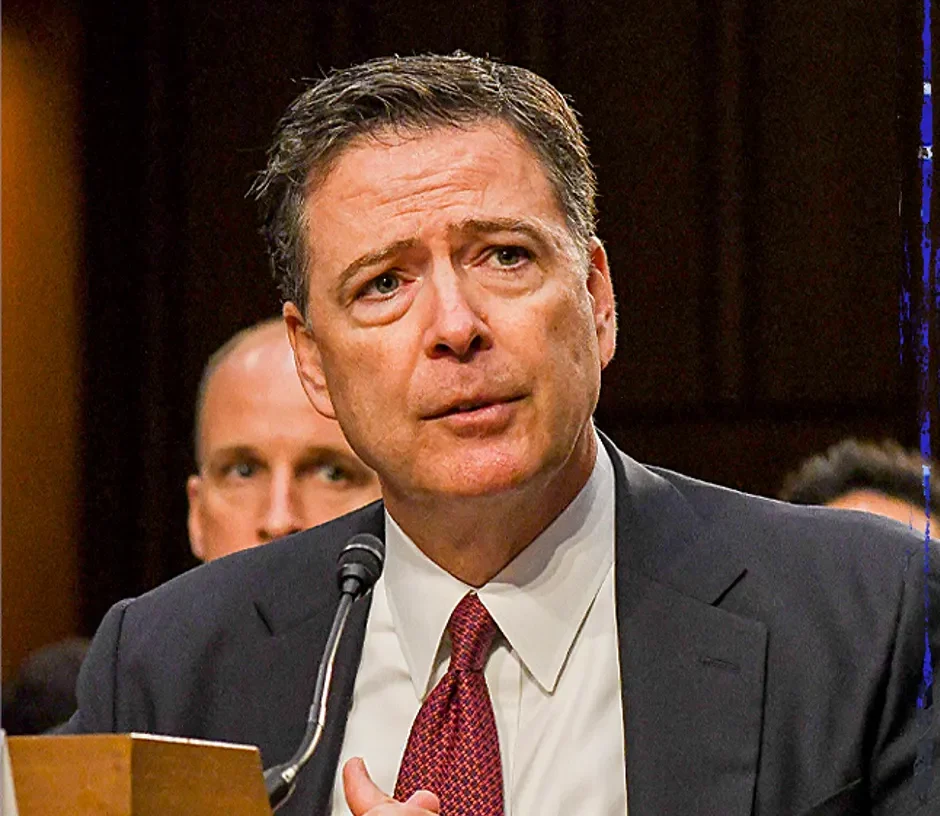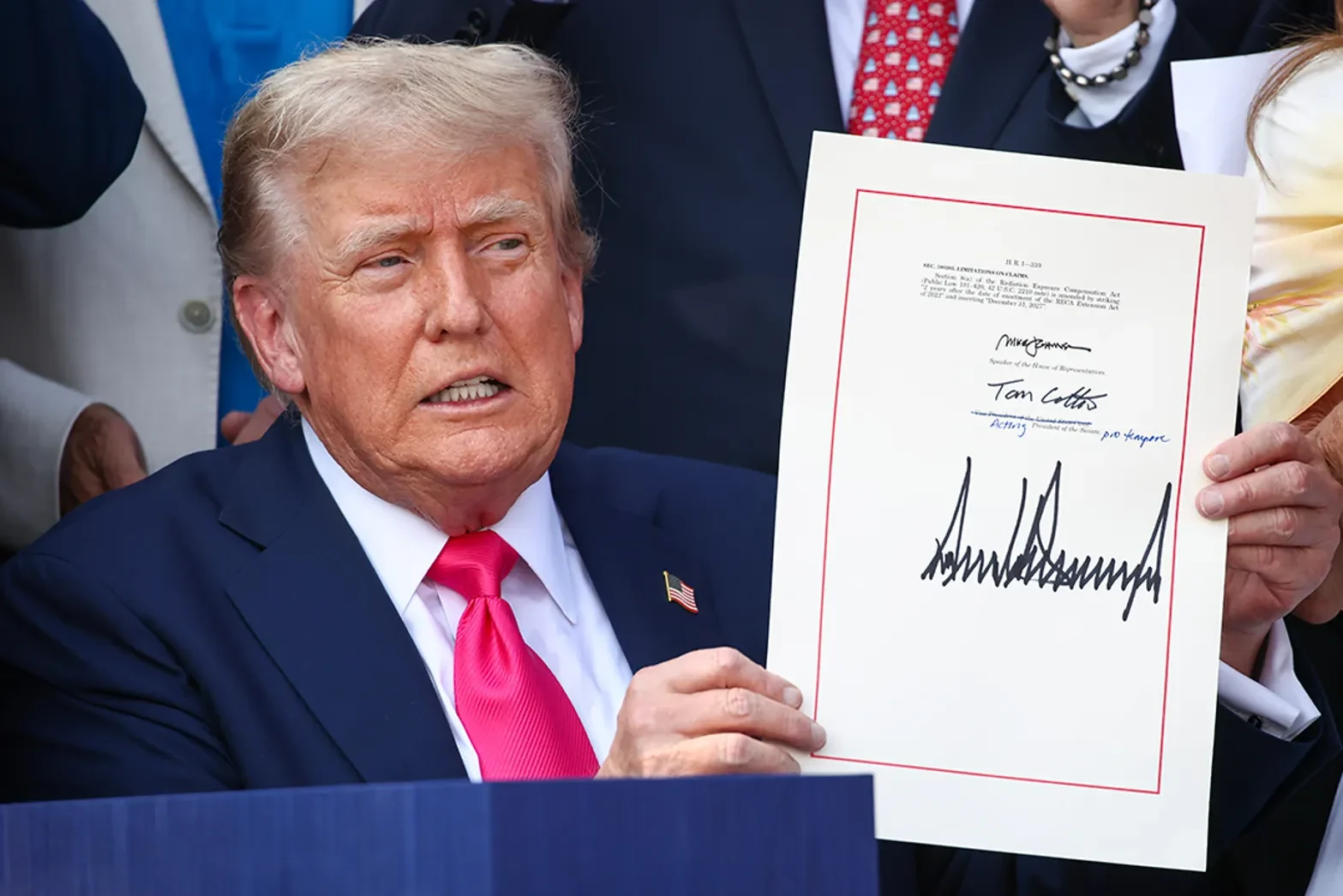Former President Bill Clinton’s analysis of the Democrats’ failures in the 2024 election offers a stark critique of the party’s disconnect from rural America and its inability to compete in the ever-evolving media landscape. Clinton’s remarks, delivered during an interview with MSNBC’s Jonathan Capehart, reflect both frustration and an implicit warning: Democrats cannot afford to ignore the changing ways Americans consume information, especially in regions where their message is barely being heard.
Clinton lamented that Democrats were “not even being heard” in rural areas, an acknowledgment of the widening gap between the party and voters outside urban strongholds. He pointed to the proliferation of “zillions of new websites,” many of which cater to conservative and right-wing audiences, as a key factor in shaping public opinion against Democrats. In his view, these outlets have effectively bypassed traditional media, leaving Democrats at a disadvantage in reaching and persuading these voters.
“A lot of the small town and rural people are now highly sophisticated on how they get their information,” Clinton said, highlighting how the party’s messaging has failed to resonate. His suggestion? Get back to basics. “I don’t want to go to any big rallies and big television things, I just want to get in the country,” he said, emphasizing the importance of personal, ground-level engagement.
Clinton’s critique also extended to the Democrats’ campaign strategy, particularly the limited visibility of Kamala Harris and Tim Walz. Harris and Walz avoided significant public exposure for much of the campaign, eschewing interviews and press conferences until late in the race.
Their absence from key events, such as the Al Smith Dinner, and Harris’ decision to skip an interview with influential podcaster Joe Rogan further underscored the campaign’s cautious, overly controlled approach.
The contrast with Trump’s strategy couldn’t have been starker. Both Trump and Vice President-elect J.D. Vance appeared on Rogan’s podcast for extensive discussions that reached millions of listeners. Rogan’s subsequent endorsement of Trump amplified their message to an audience that has increasingly leaned toward independent and conservative viewpoints.
Clinton’s frustration is rooted in the Democrats’ inability to adapt to a political environment where authenticity, relatability, and direct communication resonate more than polished soundbites. “Politics is the only business in which you can prove your authenticity by not knowing anything,” Clinton quipped, suggesting that Democrats often come across as disconnected elites rather than relatable leaders.
Clinton’s critique isn’t new but comes at a critical time for the Democratic Party. With Trump securing the presidency, Republicans expanding their Senate majority, and holding the House, the party must reassess its approach if it hopes to regain footing in 2028. Clinton’s call to “go out and talk to people” underscores the importance of grassroots engagement and competing on new media platforms where conservative voices have flourished.
The decision by Harris’ campaign to avoid Joe Rogan’s podcast—out of fear of backlash from progressive activists—highlights a broader issue. Democrats are increasingly boxed in by their base, hesitant to engage with platforms or personalities perceived as controversial, even if those platforms offer access to a massive audience. Rogan’s endorsement of Trump underscores the influence of independent media and the missed opportunity for Democrats to connect with a crucial segment of the electorate.



